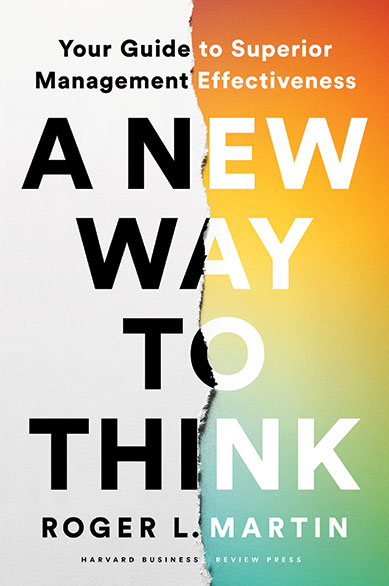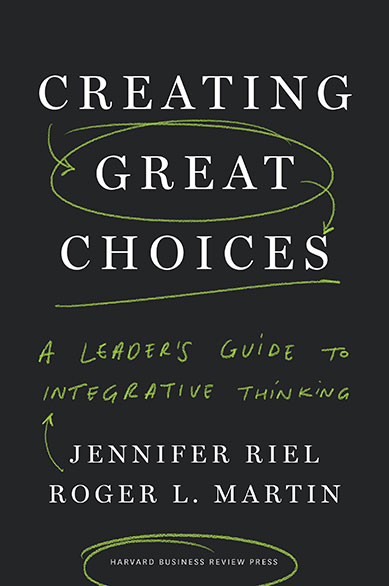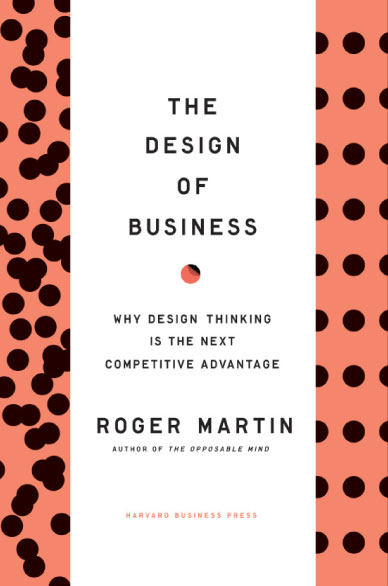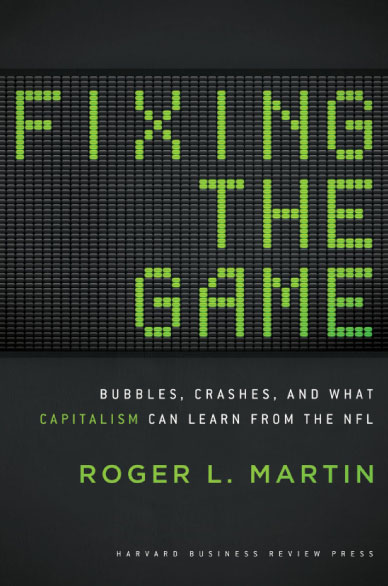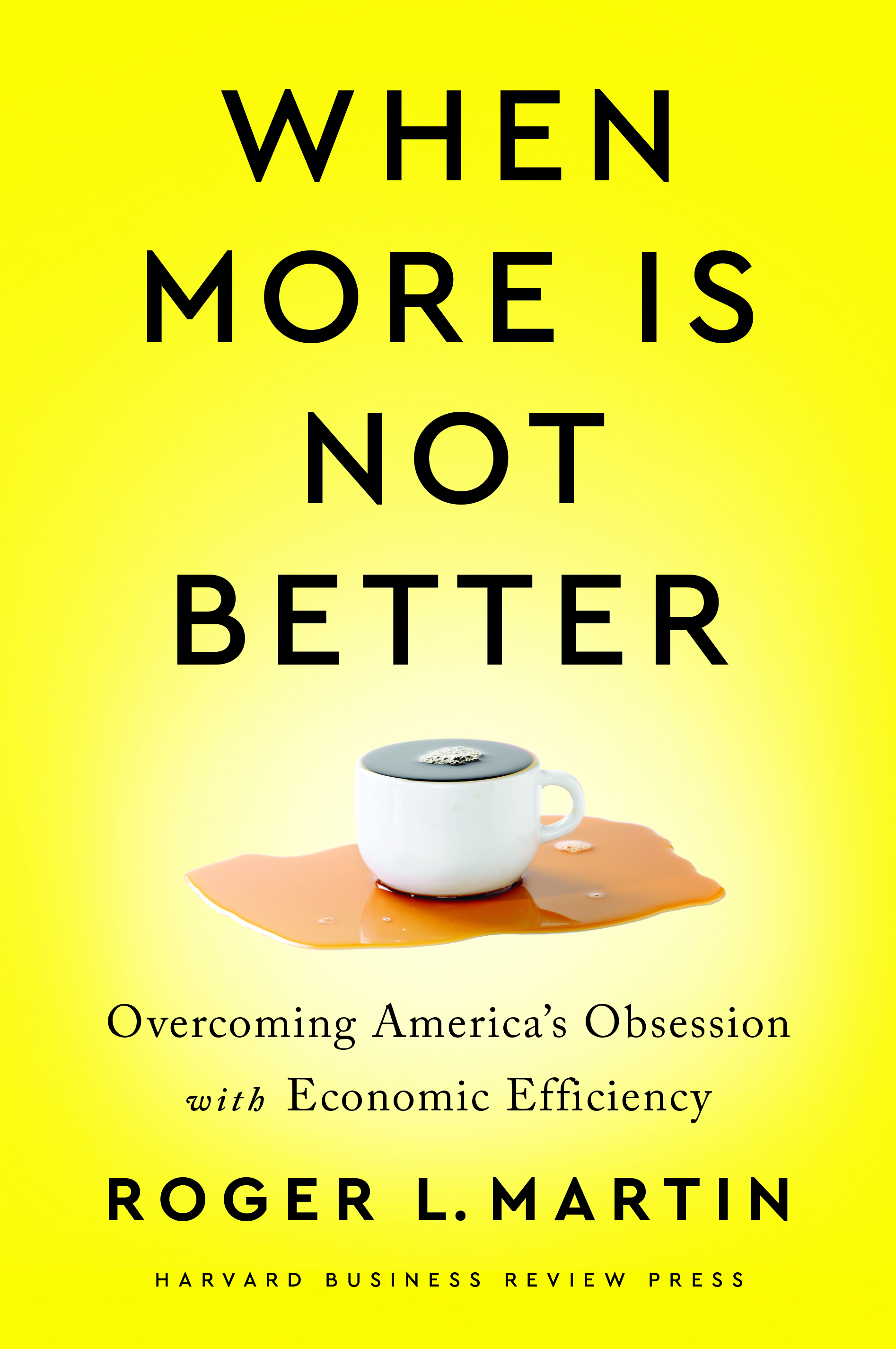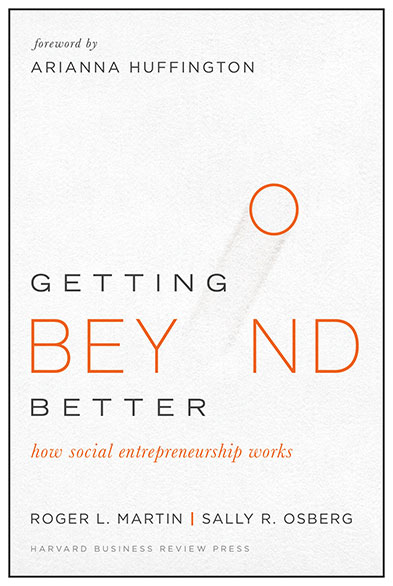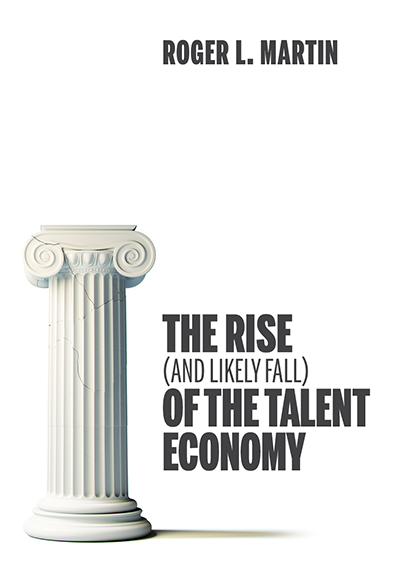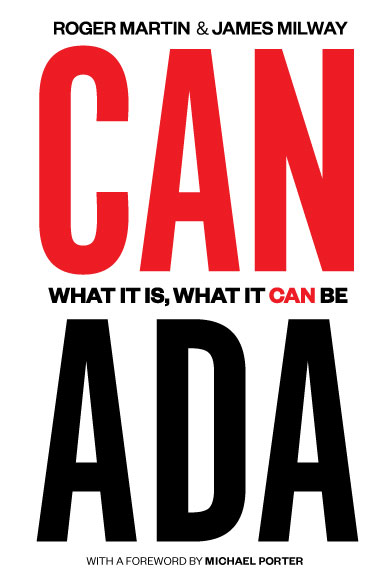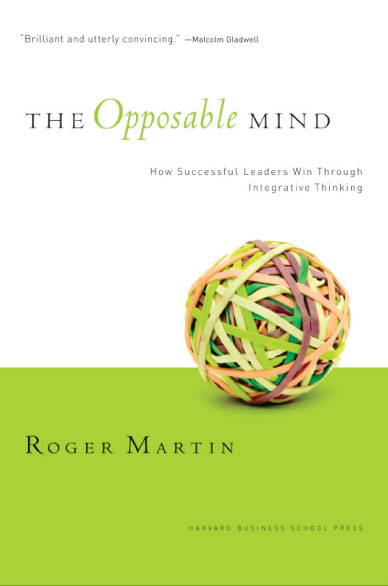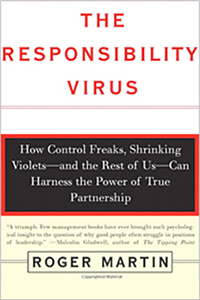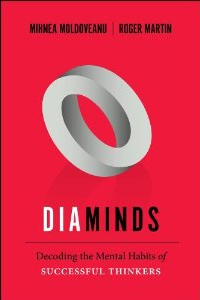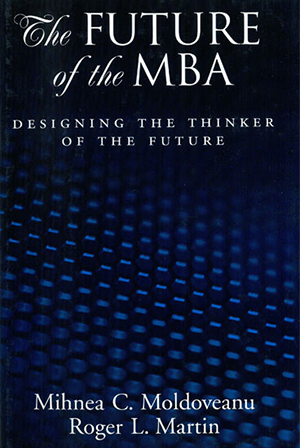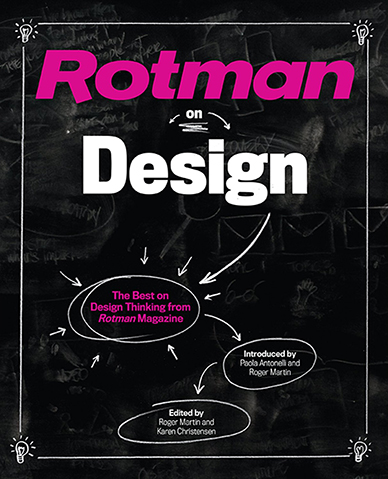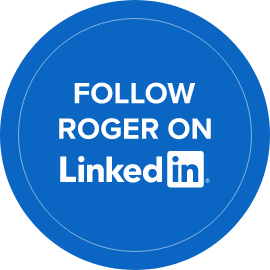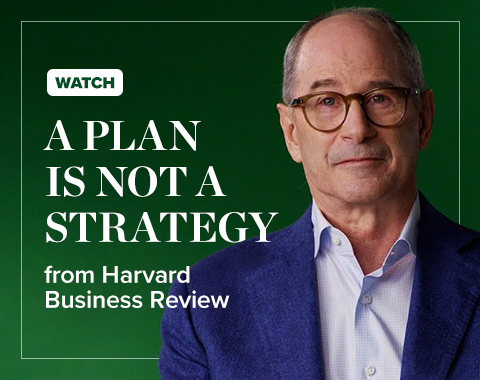-
Annual Report 13
Finding Its Own Way: Ontario Needs to Take a New Tack
The Institute for Competitiveness & Prosperity
November 2014
-
Annual Report 12
Course Correction: Charting a New Road Map for Ontario
The Institute for Competitiveness & Prosperity
November 2013
-
Annual Report 11
A Push for Growth: The Time is Now
The Institute for Competitiveness & Prosperity
November 2012
-
Annual Report 10
Prospects For Ontario’s Prosperity: A Look Back and a Look Ahead
The Institute for Competitiveness & Prosperity
November 2011
-
Annual Report 9
Today’s Innovation, Tomorrow’s Prosperity
The Institute for Competitiveness & Prosperity
November 2010
-
Annual Report 8
Navigating Through The Recovery
The Institute for Competitiveness & Prosperity
November 2009
-
Annual Report 7
Leaning Into The Wind
The Institute for Competitiveness & Prosperity
November 2008
-
Annual Report 6
Path To The 2020 Prosperity Agenda
The Institute for Competitiveness & Prosperity
November 2007
-
Annual Report 5
Agenda For Our Prosperity
The Institute for Competitiveness & Prosperity
November 2006
-
Annual Report 4
Rebalancing Priorities For Prosperity
The Institute for Competitiveness & Prosperity
November 2005
-
Annual Report 3
Realizing Our Prosperity Potential
The Institute for Competitiveness & Prosperity
November 2004
-
Annual Report 2
Investing for Prosperity
The Institute for Competitiveness & Prosperity
November 2003
-
Annual Report 1
Closing the Prosperity Gap
The Institute for Competitiveness & Prosperity
December 2002
-
Report on Canada 8
Canada’s Innovation Imperative
The Institute for Competitiveness & Prosperity
June 2011
-
Report on Canada 7
Beyond The Recovery
The Institute for Competitiveness & Prosperity
June 2010
-
Report on Canada 6
Opportunity In The Turmoil
The Institute for Competitiveness & Prosperity
April 2009
-
Report on Canada 5
Setting Our Sights On Canada’s 2020 Prosperity Agenda
The Institute for Competitiveness & Prosperity
April 2008
-
Report on Canada 4
Agenda for Canada’s Prosperity
The Institute for Competitiveness & Prosperity
March 2007
-
Report on Canada 3
Rebalancing Priorities For Canada’s Prosperity
The Institute for Competitiveness & Prosperity
March 2006
-
Report on Canada 2
Realizing Canada’s Prosperity Potential
The Institute for Competitiveness & Prosperity
January 2005
-
Report on Canada 1
Partnering For Investment In Canada’s Prosperity
The Institute for Competitiveness & Prosperity
January 2004
-
Working Paper 20
Building Better Health Care: Policy Opportunities For Ontario
Institute for Competitiveness & Prosperity
April 2014
-
Working Paper 19
The Realities Of Ontario’s Public Sector Compensation
Institute of Competitiveness & Prosperity
February 2014
-
Working Paper18
Taxing For Growth: A Close Look At Tax Policy In Ontario
Institute for Competitiveness & Prosperity
October 2013
-
Working Paper 17
Untapped Potential: Creating A Better Future For Service Workers
Institute for Competitiveness & Prosperty
October 2013
-
Working Paper 16
Making Sense Of Public Dollars: Ontario Government Revenue, Spending And Debt
The Institute for Competitiveness & Prosperity
May 2013
-
Working Paper 15
Small Business, Entrepreneurship, and Innovation
The Institute for Competitiveness & Prosperity
February 2012
-
Working Paper 14
Trade, Innovation, and Prosperity
The Institute for Competitiveness & Prosperity
September 2010
-
Working Paper 13
Management Matters in Retail
The Institute for Competitiveness & Prosperity
April 2010
-
Working Paper 12
Management Matters
The Institute for Competitiveness & Prosperity
March 2009
-
Working Paper 11
Flourishing in the Global Competitiveness Game
The Institute for Competitiveness & Prosperity
September 2008
-
Working Paper 10
Prosperity, Inequality, and Poverty
The Institute for Competitiveness & Prosperity
September 2007
-
Working Paper 9
Time on the Job: Intensity and Ontario’s Prosperity Gap
The Institute for Competitiveness & Prosperity
September 2006
-
Working Paper 8
Fixing Fiscal Federalism
The Institute for Competitiveness & Prosperity
October 1, 2005
-
Working Paper 7
Taxing Smarter for Prosperity
The Institute for Competitiveness & Prosperity
March 2005
-
Working Paper 6
Reinventing Innovation and Commercialization Policy in Ontario
The Institute for Competitiveness & Prosperity
October 2004
-
Working Paper 5
Strengthening Structures: Upgrading Specialized Support and Competitive Pressure
The Institute for Competitiveness & Prosperity
July 2004
-
Working Paper 4
Striking Similarities: Attitudes and Ontario’s Prosperity Gap
The Institute for Competitiveness & Prosperity
September 2003
-
Working Paper 3
Missing Opportunities: Ontario’s Urban Prosperity Gap
The Institute for Competitiveness & Prosperity
June 2003
-
Working Paper 2
Measuring Ontario’s Prosperity: Developing an Economic Indicator System
The Institute for Competitiveness & Prosperity
August 2002
-
Working Paper 1
A View of Ontario: Ontario’s Clusters of Innovation
The Institute for Competitiveness & Prosperity
April 2002
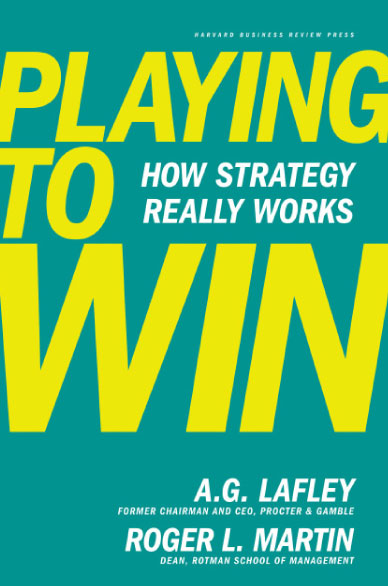 Buy the book
Book roger to speak
Buy the book
Book roger to speak

